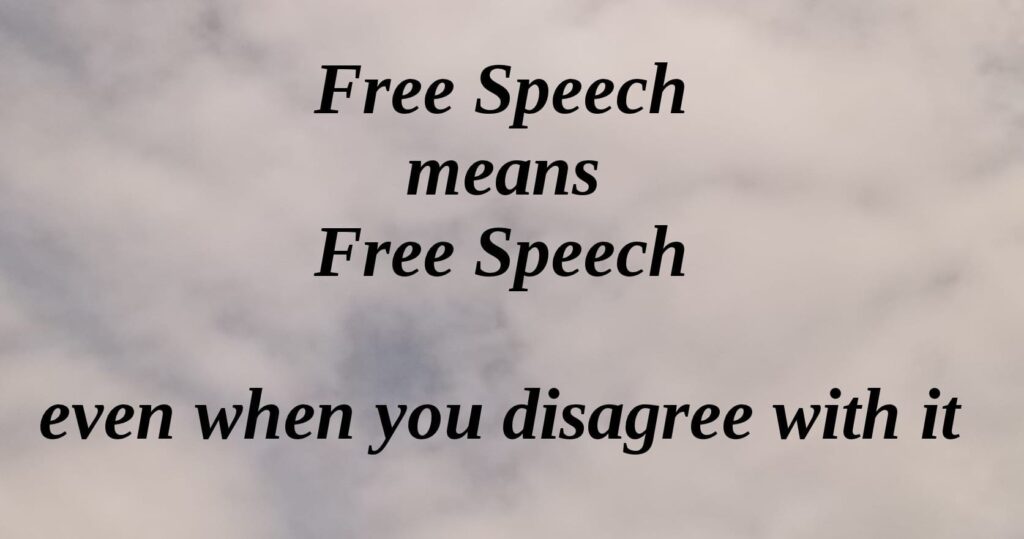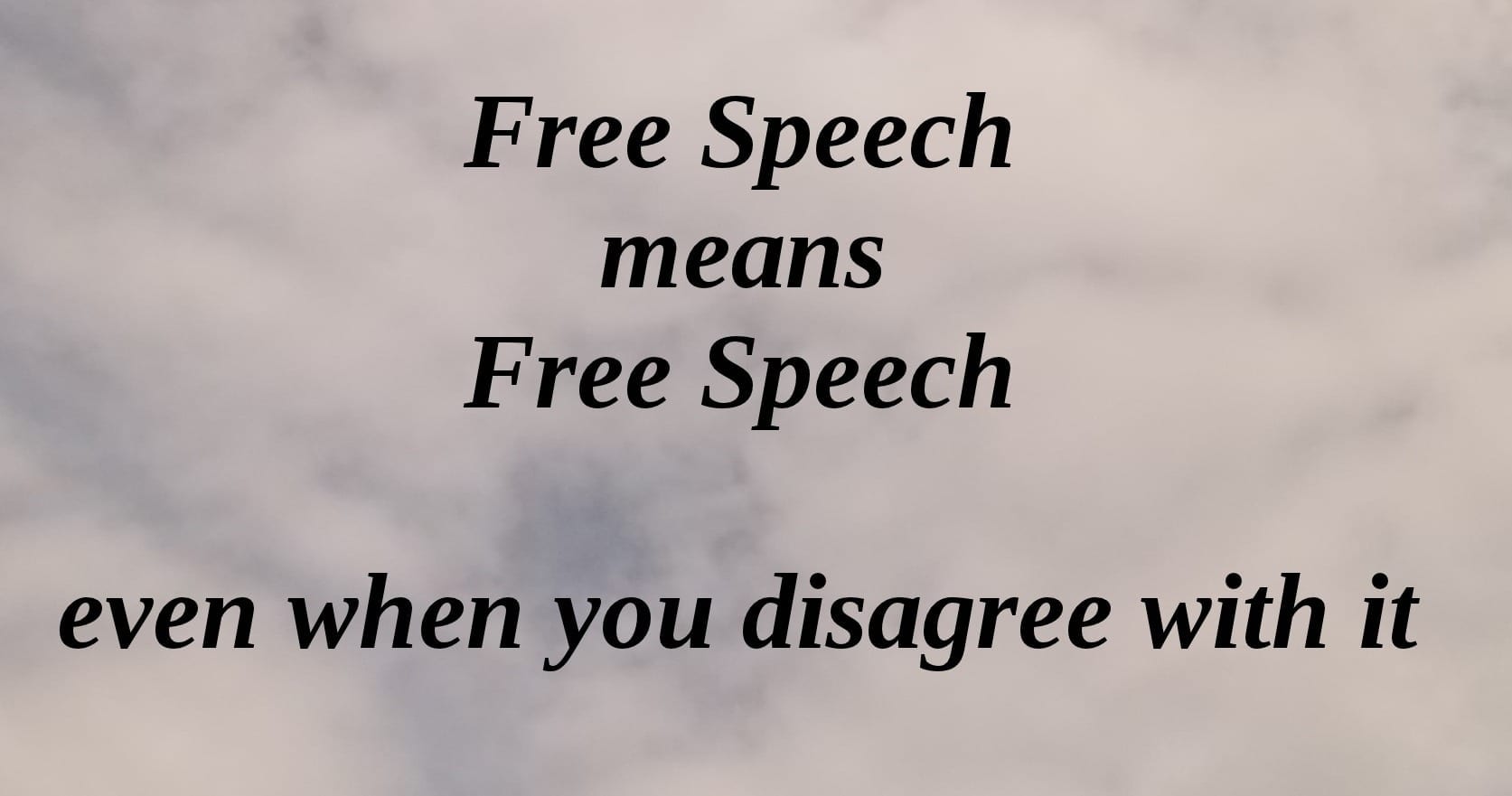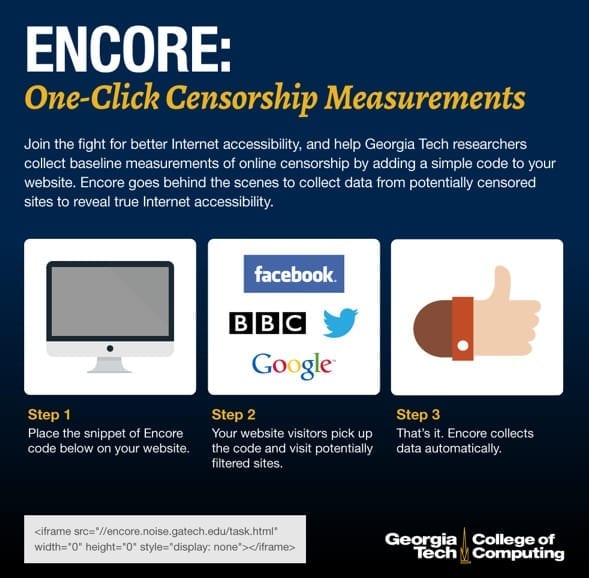
Curbs on free speech are growing tighter. It is time to speak out
IN A sense, this is a golden age for free speech. Your smartphone can call up newspapers from the other side of world in seconds. More than a billion tweets, Facebook posts and blog updates are published every single day. Anyone with access to the internet can be a publisher, and anyone who can reach Wikipedia enters a digital haven where America’s First Amendment reigns
However, watchdogs report that speaking out is becoming more dangerous—and they are right. As our report shows, curbs on free speech have grown tighter. Without the contest of ideas, the world is timid and ignorant.
Free speech is under attack in three ways. First, repression by governments has increased. Several countries have reimposed cold-war controls or introduced new ones. After the collapse of the Soviet Union, Russia enjoyed a free-for-all of vigorous debate. Under Vladimir Putin, the muzzle has tightened again. All the main television-news outlets are now controlled by the state or by Mr Putin’s cronies. Journalists who ask awkward questions are no longer likely to be sent to labour camps, but several have been murdered.
China’s leader, Xi Jinping, ordered a crackdown after he took over in 2012, toughening up censorship of social media, arresting hundreds of dissidents and replacing liberal debate in universities with extra Marxism. In the Middle East the overthrow of despots during the Arab spring let people speak freely for the first time in generations. This has lasted in Tunisia, but Syria and Libya are more dangerous for journalists than they were before the uprisings; and Egypt is ruled by a man who says, with a straight face: “Don’t listen to anyone but me.”
Words, sticks and stones
Second, a worrying number of non-state actors are enforcing censorship by assassination. Reporters in Mexico who investigate crime or corruption are often murdered, and sometimes tortured first. Jihadists slaughter those they think have insulted their faith. When authors and artists say anything that might be deemed disrespectful of Islam, they take risks. Secular bloggers in Bangladesh are hacked to death in the street (see article); French cartoonists are gunned down in their offices. The jihadists hurt Muslims more than any others, not least by making it harder for them to have an honest discussion about how to organise their societies.
Third, the idea has spread that people and groups have a right not to be offended. This may sound innocuous. Politeness is a virtue, after all. But if I have a right not to be offended, that means someone must police what you say about me, or about the things I hold dear, such as my ethnic group, religion, or even political beliefs. Since offence is subjective, the power to police it is both vast and arbitrary.
Learn more: Free speech Under attack
The Latest on: Free speech
[google_news title=”” keyword=”Free speech” num_posts=”10″ blurb_length=”0″ show_thumb=”left”]
via Google News
The Latest on: Free speech
- US: TikTok's free speech lawsuit has a logic problemon May 8, 2024 at 10:51 pm
Had the devices been banned on the ground that the drying process produced trace amounts of airborne methanol, lots of people would have lost their preferred means of sending messages, but their free ...
- Free speech or threat to society? Uni tensions demand political interventionon May 8, 2024 at 10:31 pm
A few weeks ago, it might have been possible to shrug off the protests as free speech with no consequences, but the camps are now a political test for all sides. Seven months after Hamas terrorists ...
- Court bans Glory to Hong Kong protest song prompting further fears for free speechon May 8, 2024 at 5:28 pm
The territory’s justice minister has called for the anthem to be removed from the internet in the wake of the ruling ...
- College students on divisions over Israel, safety and what is considered free speechon May 8, 2024 at 3:40 pm
The debate around how colleges are handling protests played out in Washington D.C. Wednesday as police cleared out encampments at George Washington University. This week, we visited that encampment ...
- TikTok's Free Speech Lawsuit Has a Logic Problemon May 8, 2024 at 9:30 am
Stephen L. Carter is a Bloomberg Opinion columnist, a professor of law at Yale University and author of “Invisible: The Story of the Black Woman Lawyer Who Took Down America’s Most Powerful Mobster.” ...
- Once champions of free speech, colleges crack down on pro-Palestinian protestson May 7, 2024 at 5:08 pm
More than 2,600 students have been arrested across the U.S. in recent weeks, The Associated Press reported, as universities that were once havens for free speech contend with escalating campus unrest, ...
- Biden to condemn antisemitism, praise free speech at Holocaust remembranceon May 7, 2024 at 8:20 am
When U.S. President Joe Biden arrives at the U.S. Capitol on Tuesday to honor 6 million Jews killed eight decades ago, his message will be as much about the present as the past. Biden will speak to ...
- Trump says jail time to defend free speech is 'sacrifice' he's willing to makeon May 6, 2024 at 2:20 pm
Former President Trump said he'd make the "sacrifice" of jail time amid his Manhattan trial in which he faces 34 counts of falsifying business records.
- Rumble reveals censorship demands from surprising list of countries as CEO to testify on free speech threatson May 6, 2024 at 11:12 am
Chris Pavlovski, CEO of Rumble, is set to testify before Congress on censorship efforts by foreign governments against his company's site, including by a surprising number of U.S. allies.
- UChicago Says Free Speech Is Sacred. Some Students See Hypocrisy.on May 6, 2024 at 3:52 am
The president has allowed protest encampments. But they have also disrupted campus life, and he wants the tents down.
via Bing News











